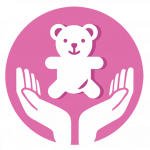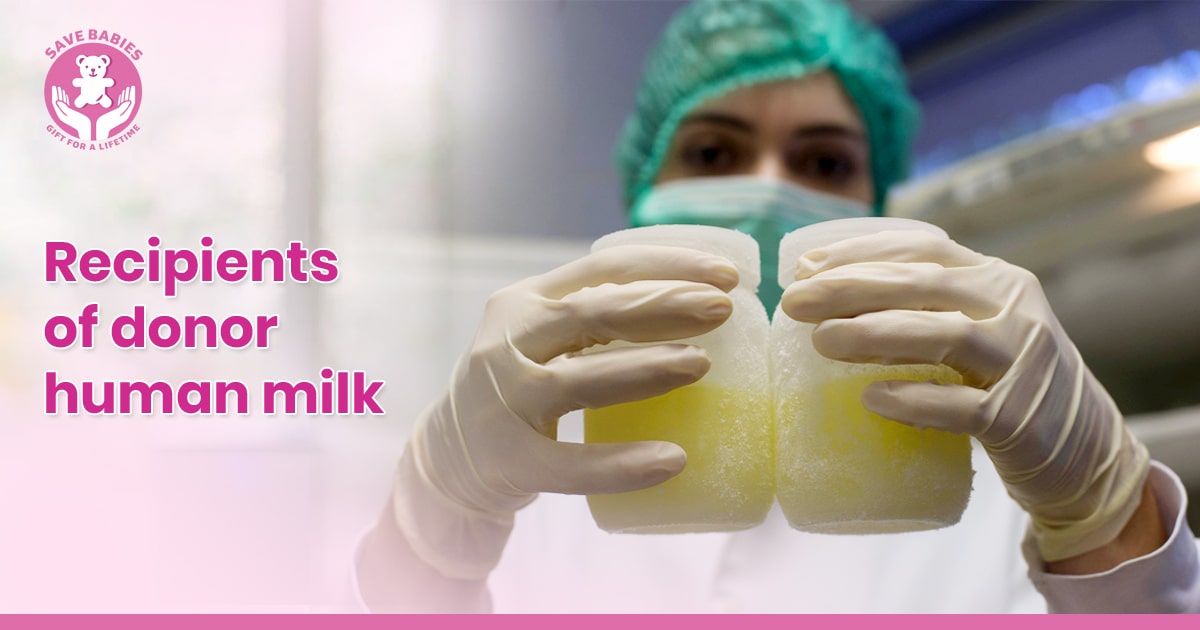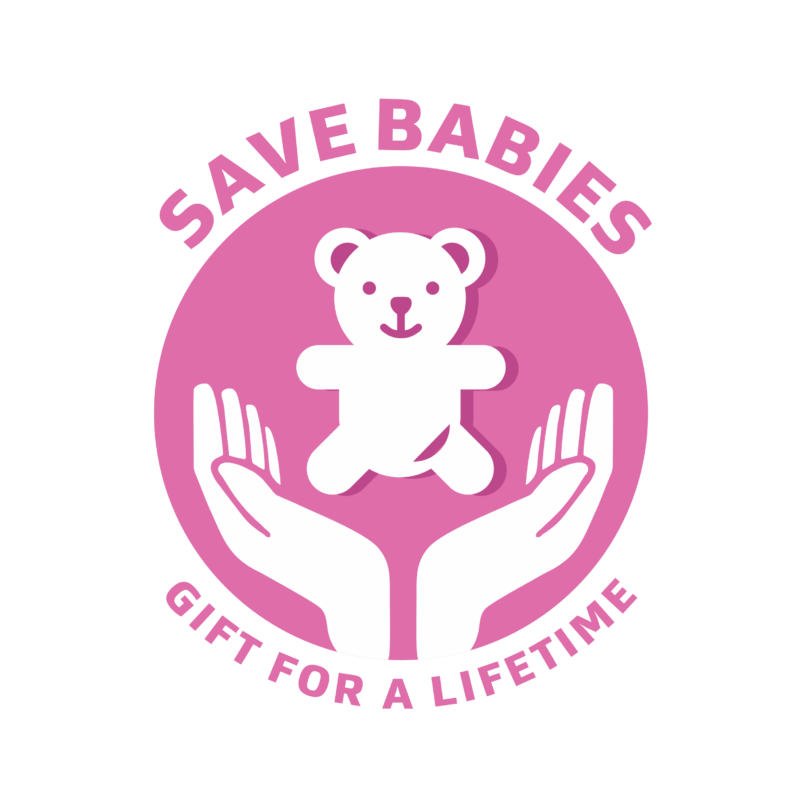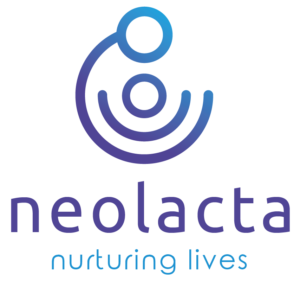What is human milk donation?
Human milk donation is the act of providing breast milk from a lactating mother to a baby who is not her own. The donated milk is typically collected and stored by a milk bank or milk donation program, which screens donors for health risks and pasteurizes the milk to ensure that it is safe for consumption.
Donating human milk can be a generous and potentially life-saving gift for babies in need, particularly for premature infants who require optimal nutrition to help them grow and develop. Human milk banks and milk-sharing programs have emerged as a valuable resource for families who want to provide their infants with the many benefits of breast milk, even when the mother cannot produce enough milk her
Human milk banks have emerged as a way to provide safe and effective donor milk to infants who need it. These banks screen potential donors for health risks and pasteurize the milk to ensure that it is safe for consumption. The donated milk is then distributed to hospitals and other healthcare facilities, where it is used to feed premature and other at-risk babies.
Who benefits from donor human milk?
Premature babies, in particular, can benefit greatly from donated human milk. These infants often require specialized medical care, including neonatal intensive care unit (NICU) treatment, and they have higher nutritional needs than full-term babies. Breast milk is the ideal food for premature babies, as it contains all the nutrients they need for healthy growth and development. Donor human milk is also rich in antibodies and other immune-boosting factors that can help protect babies from infections, which are more common in premature infants than in full-term babies.
Some examples of babies who may benefit from donated human milk include:
What is the benefit of using donor human milk?
Donating breast milk can provide benefits not only for the recipient infant, but also for the donor mother. Donating breast milk can help to use excess milk, may reduce the risk of certain health conditions, improve emotional well-being, and support milk production. However, it’s important to prioritize the well-being of the recipient infant and work with a reputable milk bank or donation program to ensure the safety and effectiveness of the donation.




